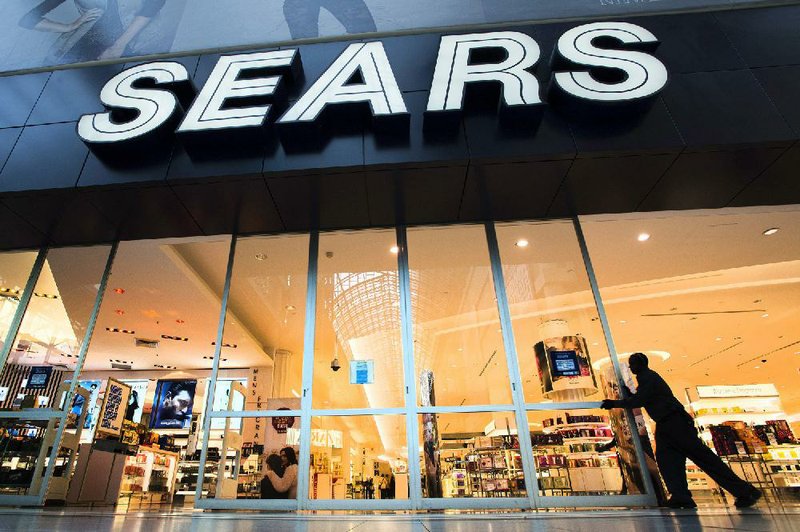NEW YORK -- Sears is considering selling its Canadian operations as the retailer looks for ways to prop up its sagging business.
The retailer, which operates its namesake stores and Kmart locations, said that it's looking at strategic options for its 51 percent interest in Sears Canada. The Hoffman Estates, Ill.-based company said this includes possibly selling its stake or the entire Sears Canada operation.
Sears Canada's board and management plan to cooperate with Sears Holdings as it explores strategic alternatives.
The news comes as Sears Holdings Corp.'s chairman, the billionaire hedge fund manager Eddie Lampert, has been under intense pressure to turn around its business. He took over as chief executive officer in February 2013.
Sears has had trouble adapting as bigger, nimbler rivals such as Wal-Mart and Home Depot have attracted its customers over the years.
Sears is trying to change to a member-focused business rather than a company that runs a store network; loyal shoppers now receive incentives to buy. But its results have been hurt as it continues traditional promotions while investing in its membership program, dubbed Shop Your Way.
Sears previously sold some store leases in Canada. It also recently spun off clothing business Lands' End as a separate public company after not having much success with it.
The possible sale of Sears' business north of the border also comes as several other U.S. retailers, particularly Target Corp., are having difficulties cracking the Canadian market, which is one-tenth the size of the U.S. market.
Canadian stores are grappling with a web of costly regulations and a slower Canadian economy, and increasing competition is making the retail landscape look a lot like the U.S. economy.
Sears expanded into Canada through a joint venture in the early 1950s, but it has seen heightened competition from rivals Home Depot and Wal-Mart, which entered Canada in the 1990s. The momentum picked up during the recession. Target, based in Minneapolis, expanded into the Canadian market last year with more than 100 stores, marking its first foray a market outside the U.S.
But Target's merchandising mistakes and poor locations have resulted in a $724 million loss on lower than-expected sales for the year ended Feb. 1.
The botched expansion was one of the key factors behind last week's abrupt departure of Target's CEO, Gregg Steinhafel, who also faced intense scrutiny in the wake of its huge loss of customer data.
In 2012, Sears announced plans to restore profitability by cutting costs, reducing inventory, selling off some assets and spinning off others. Those moves helped the company reduce net debt by $400 million and generated $1.8 billion in cash from the asset sales.
Sears has spun off other businesses besides Lands' End over the past three years, including its Hometown and Sears Outlet stores and its Orchard Supply Hardware Stores, to raise cash.
The company's shares fell $2.53 or almost 6 percent, to close Wednesday at $40.70 after rising as high as $45 earlier in the session.
Business on 05/15/2014
